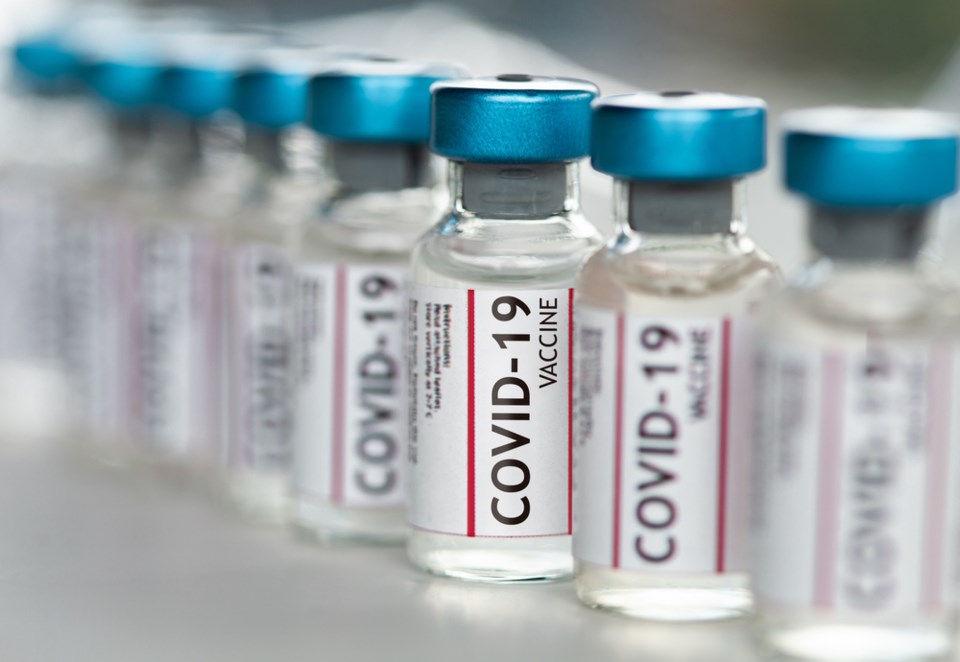According to renowned physicist Dr. Denis Rancourt, PhD, one in 2000 recipients of the COVID-19 vaccine died. And in the upcoming years, that number is predicted to sharply increase.
As a result of the experimental vaccine’s side effects, at least 13 million people worldwide died, according to Rancourt’s analysis of data from various nations.
He claims the vaccines claimed 3.7 million lives in India alone.
Dr. Rancourt says that western countries have seen way more deaths that eastern.
He contends that Covid cannot be to blame for the rise in fatalities as stated by the government and health organizations.
Dr. Rancourt’s quotes can be found below:
“There’s a strong correlation to poverty, which is one of the pieces of evidence that allows you to say that this is not a virus.”
“No matter how you slice it, there’s absolutely no correlation with age, which is definitive proof that this cannot be Covid.”
“During the Covid period, all Western countries cut antibiotics prescriptions by 50 percent, so they were not treating bacterial pneumonia,” Dr. Rancourt further explained.
“The age structure of the excess mortality has changed as you move into the vaccination period.
“The peaks occur in very specific hotspots, but synchronously around the world […] that from an epidemiological standpoint is strictly impossible because the time from seeding of an infection to the sudden rise of mortality is completely uncertain.”
Rancourt goes on to say that while other countries were unaffected, some countries experienced simultaneous spikes in excess deaths, indicating that a virus was not to blame for the rise in mortality.
“The virus absolutely refused to cross these borders, of course, this is absurd, a viral respiratory disease is believed to spread, and it does not need a passport, and it does not respect borders, so that’s yet another proof, that this is not a viral respiratory pandemic. You see, as a consequence of the vaccine rollout, there’s a higher regime of mortality. Same thing for each of the states in Australia. The large peak in the southern U.S. coincides with the vaccine equity program.”
Dr. Rancourt stated that the following conclusions were drawn from his thorough examinations of all-cause mortality during the Covid period in conjunction with socioeconomic and vaccine-rollout data:
There wouldn’t have been any excess mortality if governments and the medical establishment had just carried on as usual without any pandemic propaganda or coercion.
No pandemic that increased mortality actually existed.
Measures led to an increase in mortality.
The covid vaccination increased mortality.


SkippingDog
June 30, 2023 at 12:56 pm
A nutter with absolutely no medical training. His own university fired him for academic misconduct.
Frank
June 30, 2023 at 4:07 pm
He was attacked, still, out of politics and you are playing the stooge for the same mentality. Many great and brave doctors have faced this kind of blatant anti-government narrative attempt to de-legitimize. Louis Morissette is the one behind his smearing.
MEl
July 3, 2023 at 6:32 pm
Tellement vrai!!! You’re right!
What_a_joke
June 30, 2023 at 2:13 pm
@skippingdog…go get another booster.
Severance
July 1, 2023 at 7:37 am
You take it and a year goes by and everybody’s fine. And then you say, “okay, that’s good, let’s give it to 500 people. And then a year goes by and anybody’s fine.”
So then you say, “well now, let’s give it to thousands of people”
And then you find out it takes 12 years for all hell to break loose. And then, what have you done?
-Fauci on the AIDS vaccine, 1999
But now, releasing and then frantically coercing and terrifying the entire world into taking a rushed, guaranteed to succeed, corruptly tested, experimental injection utilizing a brand new unproven technology – a technology never before injected into mankind outside of limited trial environments – for a virus that, even the CDC admits, poses practically no threat to anyone is considered SOUND SCIENCE.
You think there may be some sort of wicked ulterior motive here?
Anyone reading who cannot see this absolute insanity for what it is might consider re-analyzing your premises with a critical eye and correcting your steering where needed.
https://tritorch.substack.com/p/the-doormats-of-the-new-world-order